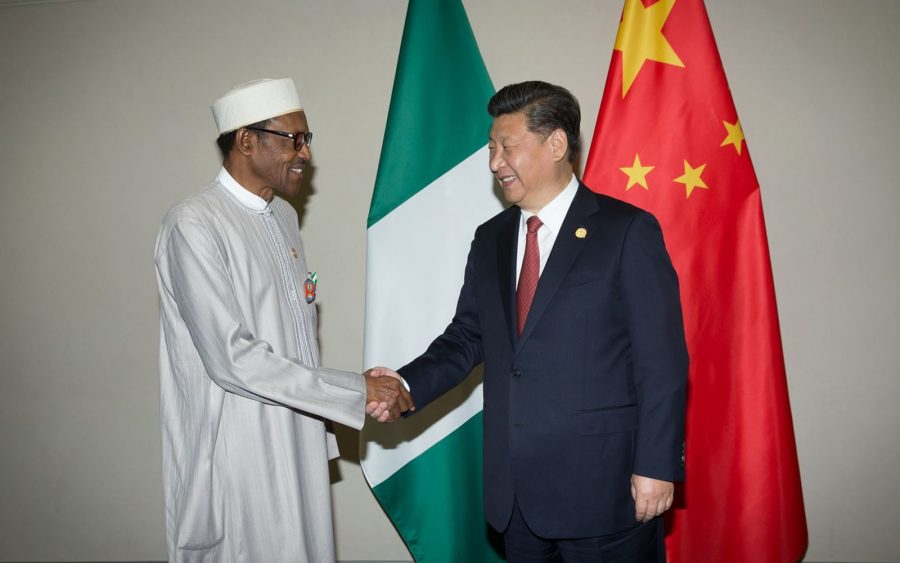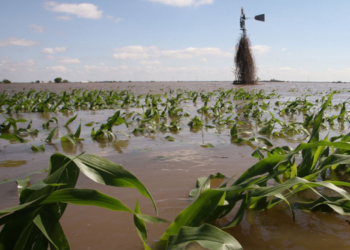Nigeria has completed the signing of a $328 million agreement with China for the implementation of the National and Communication Technology Infrastructure Backbone (NICTIB) Phase 11. This was confirmed by President Muhammadu Buhari’s Senior Special Assistant on Media and Publicity, Garba Shehu.
The agreement was signed when Buhari arrived in Beijing, China, for the 2018 Forum on China–Africa Cooperation (FOCAC), with Chinese President Xi Jinping witnessing the signing.
Shehu said the signed NICTIB 11 project is aimed at developing information and communications technology in Nigeria.
The NICTIB 11 project will be executed by Galaxy Backbone Limited and Huawei Technologies Limited (HUAWEI) while funding will come from the Chinese EXIM Bank.
“The bank facility is for the development of NICTIB 11 project which is consistent with the current administration’s commitment to incorporating the development of ICT into national strategic planning under the National Economic Recovery and Growth Plan (ERGP),” the statement read.
President Buhari had departed Nigeria for China to participate in the 7th Summit of the Forum on China-Africa Cooperation (FOCAC).
The forum is scheduled to hold from Monday, September 3, 2018, to Tuesday, 4th of September 2018 in Beijing.
What is expected of President Buhari in China
The Nigerian President is scheduled to join President Xi Jinping and other African leaders for the opening and roundtable sessions of the 2018 FOCAC Beijing Summit under the theme: “Towards an even Stronger China-Africa Community with a Shared Future.”
Before the formal opening of the FOCAC Summit, President Buhari who’s the incumbent chairman of Economic Community of West African States (ECOWAS), will be delivering remarks at the High-Level Dialogue between Chinese and African leaders, business representatives, and African entrepreneurs.
After the FOCAC Summit, President Buhari will hold bilateral meetings with the president of China and Prime Minister Li Keqiang of China to discuss infrastructure financing for strategic projects in Nigeria and the upgrading of Nigeria-China relations from a strategic partnership to comprehensive strategic partnership.
The President will also use the occasion of his audience with the Chinese leadership to assess the progress made so far in Chinese interventions in Nigeria’s key priority infrastructure projects, particularly on-going projects in the railway and power sectors.


















